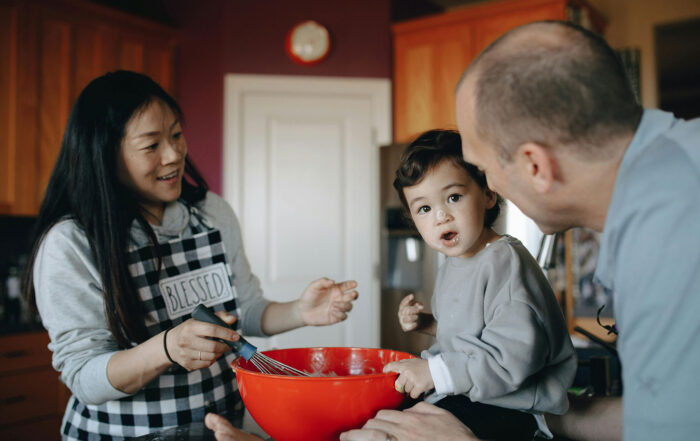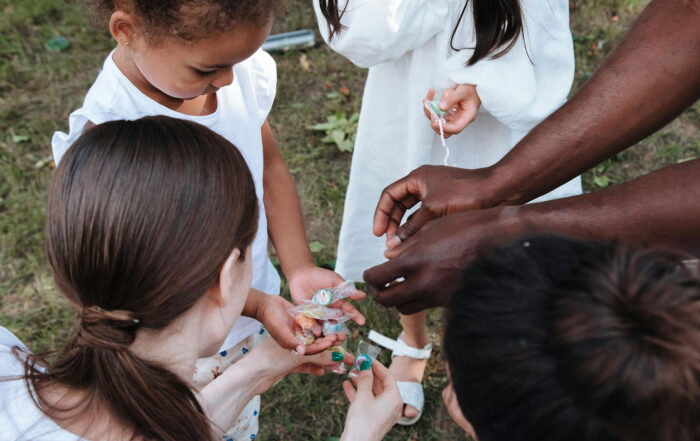
As the first day of school approaches, parents and children gather their backpacks as educators finalize lesson plans and ready their classrooms. The new school year offers a fresh start for students as well as an opportunity for academic success. However, up to 40% of students suffer from test anxiety, which contributes to lower grade point averages and decreased scores in standardized tests. Test anxiety is a multi-dimensional experience associated with cognitive (excessive worry about performance the night before or during the test; worry just after taking the test), physiological (heart racing, difficulty sleeping before the test), and behavioral components (avoidance of study). The cognitive dimension of test anxiety can be exceptionally difficult for students to cope with and reconcile. For example, despite preparing, students may believe that, while taking the test, they aren’t ready for it, and that the content is too challenging for them. Experiencing these thoughts during tests can result in diminished concentration on test material, making it more difficult for students to retrieve the information that they have studied and do well on the test.
Students can experience text anxiety for a number of reasons. Some children have difficulty learning or struggle with paying attention, which intensifies anxiety about tests. Children who seem more concerned about making mistakes, such as playing poorly in sports, or performing in front of others, may also be at risk for test anxiety.
Share This Post!
Oprah Reports on Childhood Trauma with Dr. Bruce Perry
By Amanda Merck Oprah Winfrey is raising awareness about childhood trauma and the need for trauma-informed care. Childhood trauma—like abuse, neglect, and poverty—changes a child’s brain, body and behavior. Behavior is often [...]
Healing Invisible Wounds: Art Therapy and PTSD
By Renée Fabian When I color during therapy, it creates a safe space for me to express painful feelings from my past. Coloring engages a different part of my brain that allows [...]
Integrating Mindfulness in Your Classroom Curriculum
By Giselle Shardlow Now more than ever, teaching mindfulness in the classroom is a necessity. Our children are stressed and anxious. Teachers and parents are stressed and anxious, too. Our lives are busy, [...]
The Long Shadow: Bruce Perry on the Lingering Effects of Childhood Trauma
By Jeanne Supin The “fight or flight” instinct has served the human species well, helping us respond quickly to threats, but according to child and adolescent psychiatrist and neuroscientist Bruce Perry it can [...]
The Science of How Our Minds and Our Bodies Converge in the Healing of Trauma
By Maria Popova “A purely disembodied human emotion is a nonentity,” William James asserted in his revolutionary 1884 theory of how our bodies affect our feelings. Two generations later, Rilke wrote in a [...]
Epidemiology of Traumatic Experiences in Childhood
By Benjamin E. Saunders, PhD and Zachary W. Adams, PhD The epidemiology of traumatic experiences in childhood is a key context for research, clinical treatment, program management, and policy development. This article [...]







